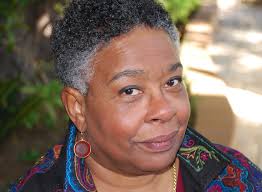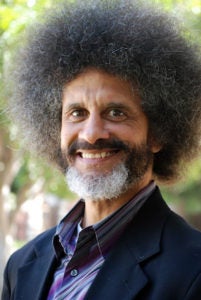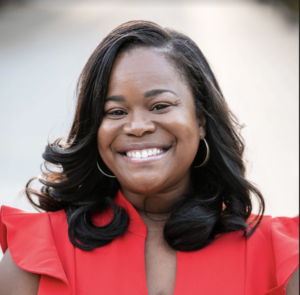Contact: Jenesse Miller 213-810-8554 or jenessem@usc.edu
Even Ivy League degrees don’t protect African Americans

“My three Ivy League degrees do not provide me with any more PPE against racism and white supremacy than Christian Cooper’s Harvard B.A. did in Central Park.”
Francille Rusan Wilson is an associate professor of American Studies and Ethnicity, History, Gender & Sexuality Studies at the USC Dornsife College of Letters, Arts and Sciences and the immediate past president of the Association of Black Women Historians.
Contact: frwilson@usc.edu
Police racial violence should be every American’s concern

“By the same token, when an officer unjustifiably brutalizes or kills a black person, that’s not just a private citizen attacking another private citizen, that’s America assailing that black man, woman, or child. Cops don’t get to be equated with America when they are victims but then reduced to ordinary private citizens when they are victimizers.”
Jody Armour studies the intersection of race and legal decision making as well as torts and tort reform movements as the Roy P. Crocker Professor of Law at USC Gould School of Law.
Contact: jarmour@law.usc.edu or (213) 740-2559
The loop of videos takes a toll on kids

“During the coronavirus pandemic, students’ classes and social lives are almost entirely online. Previously, young people had a traditional setting where they could find in-person social support if they are feeling overwhelmed by what they are seeing in digital spaces and not ready to share with members of their family. Now, young people may not have that buffer against poor mental health outcomes.
“We can’t underestimate the importance of touch and the ability to see the physical cues that someone is in distress. There is power in the in-person connections people make that we haven’t yet been able to replicate in the most common digital contexts.”
Brendesha Tynes is an associate professor of education and psychology at the USC Rossier School of Education. Her recent research has examined the association between exposure to violent racial videos online and mental health in African American and Latinx adolescents.
Contact: btynes@usc.edu
Images of racial violence can be exploitative
“To me, airing the tragic footage on TV, in auto-play videos on websites and social media is no longer serving its social justice purpose, and is now simply exploitative.
“Likening the fatal footage of Ahmaud Arbery and George Floyd to lynching photographs invites us to treat them more thoughtfully. We can respect these images. We can handle them with care.
“It’s time to revisit the relationship we have with cellphone videos and social media. Trauma is compounding for many African Americans, who are already fighting a separate, disproportionate battle against COVID-19.”
Allissa Richardson is an assistant professor of communication and journalism at the USC Annenberg School for Communication and Journalism and the author of the book, Bearing Witness While Black: African Americans, Smartphones and the New Protest #Journalism.
Contact: allissar@usc.edu or (213) 740-9700
Stress from racism leads to poor health outcomes

“This has implications for African Americans’ health outcomes during the coronavirus pandemic. Chronic stress can alter the expression of genes that are involved in both the antiviral and the inflammatory response. Chronic inflammation is involved in a number of health conditions including autoimmune conditions, diabetes and obesity. There have been several studies showing higher inflammatory markers in African Americans, so it’s not surprising that this group is disproportionately impacted and dying at higher rates from COVID-19.”
April Thames is an associate professor of psychology and psychiatry at the USC Dornsife College of Letters, Arts and Sciences. Her research has focused on how racist experiences increase inflammation in African American individuals, raising their risk of chronic illness.
Contact: thames@usc.edu




